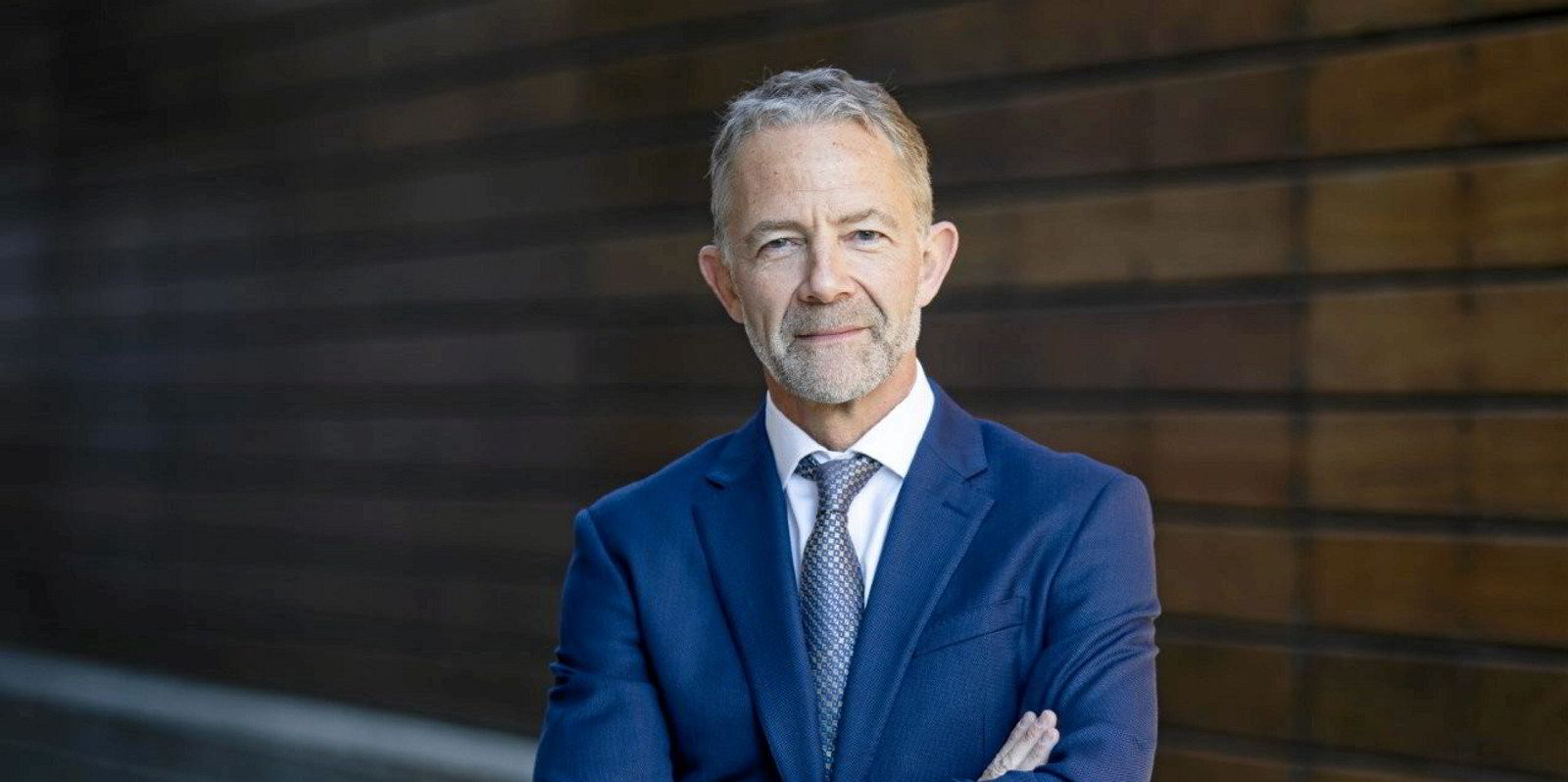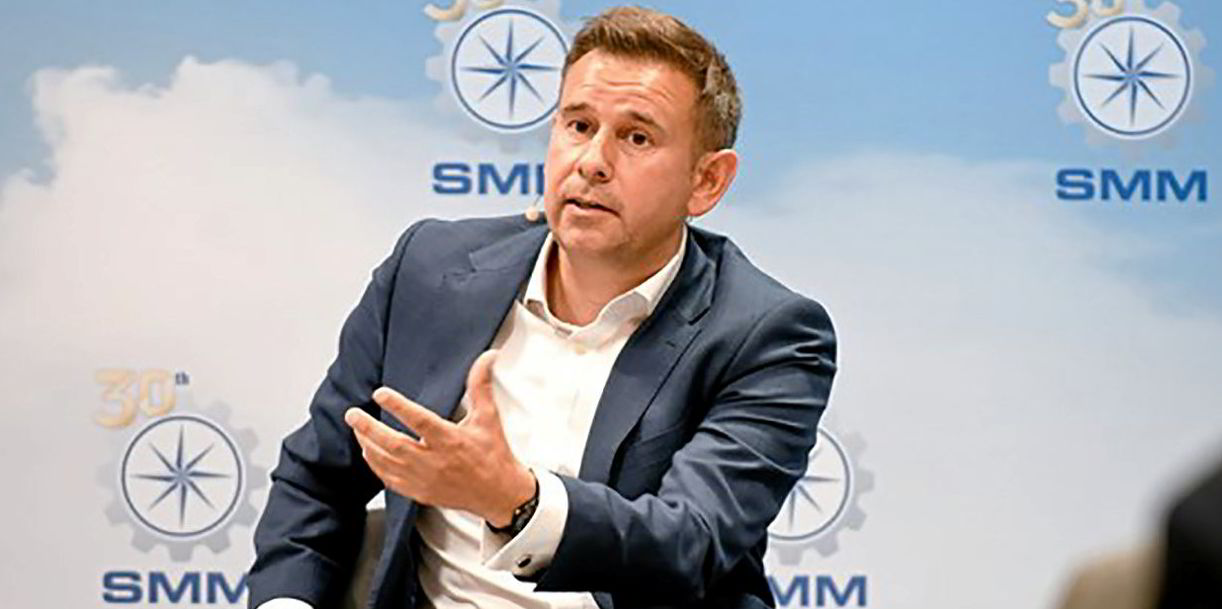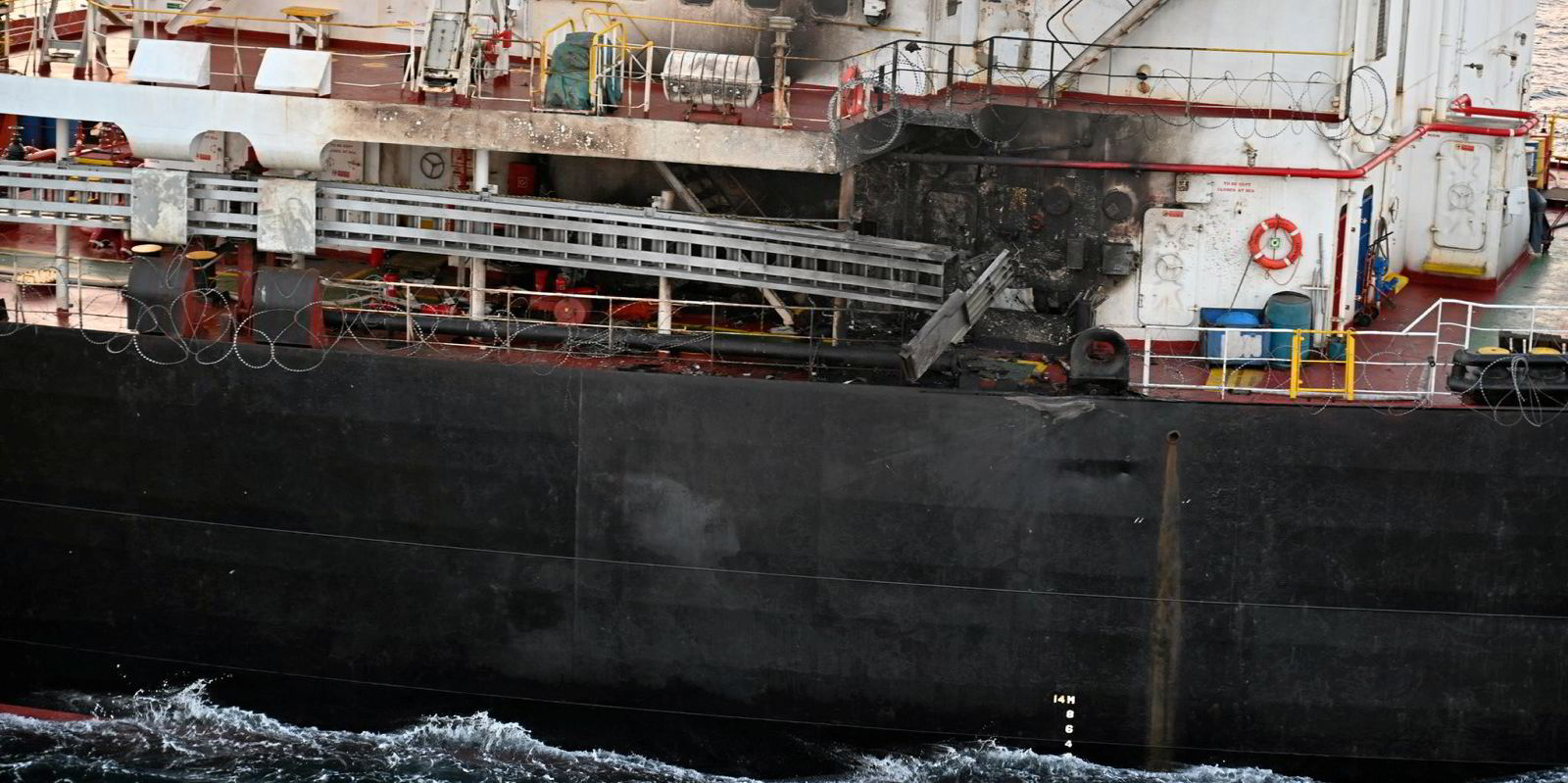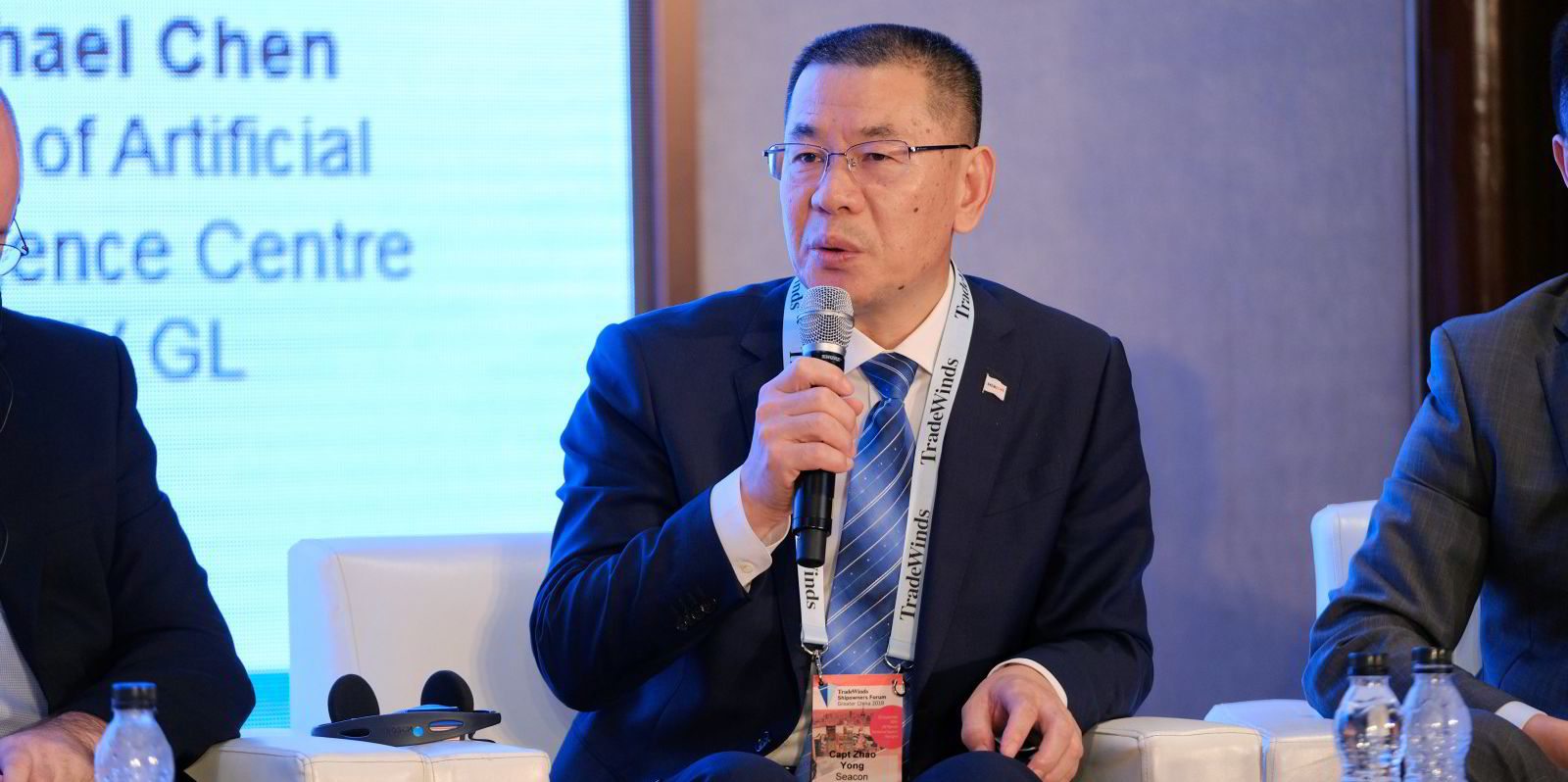Columbia Group chief executive Mark O’Neil believes the Middle East disruption caused by Houthi attacks will not be long-term.
But he also warned that the first crew member casualty would change the picture completely.
Attacks in the Red Sea have damaged a number of vessels, but seafarers have remained safe from harm so far.
O’Neil told TradeWinds: “I think that when you have your first casualty this will change massively. The whole dynamic will change, the whole story.”
The technical management and shipowning group’s boss added: “We have to take it massively seriously and the start, middle and end of this is human safety.”
The CEO also questions whether the rest of the Middle East Gulf region that is selling itself as a viable centre for investment is going to allow the situation to continue.
“I’m not sure it’s going to be that long-term. So by hook or by crook it’s not good business for Gulf Inc to allow that to go on,” he said.
O'Neil pointed out that Saudi Arabia does not want disruption and Egypt depends on the revenue that comes from the Suez Canal.
“I think it will be sorted locally but here and now it’s top of people’s agenda, there’s no doubt about it,” he added.
In terms of the routing of the Schoeller company's own tanker and container ship fleet, risk assessment is key, O'Neil argued.
Many factors involved
This will vary depending on vessel type, flag, cargo, crew and past trading history, he explained.
“What we as a ship management or a shipping operating company have learned through sanctions is that you have to look at each individual case on its own merits as to what you assess that risk to be,” the CEO said.
Columbia looks at each ship from its performance optimisation control room and then the company security officer will make a recommendation that will be passed to the shipowner in the case of a managed vessel.
But O'Neil said it's not just the external threat that has to be examined.
He receives weekly reports on crew welfare and can see exactly what is concerning the seafarers.
Before the Houthi attacks, issues regarding family and job security came up. Now many crew members are seriously worried about the Red Sea situation, he explained.
That can translate into operational risks, O’Neil believes.
“What’s the consequence of that? You’ve got to stay much more in touch with your crew, your crewing superintendents have to be reaching out all the time and checking whether they’re all right and ensuring they have trust in us, that we’re setting the risk and we’re not going to send them into a high risk zone,” he told TradeWinds.
No choice?
“If you’re sitting on a vessel 25 miles from shore and you think any minute now a missile could hit, that’s going to distract you,” O’Neil said.
“You need your crew to be totally focused,” he added.
On the technical management side, it is not Columbia’s ultimate decision on routing.
“We can only advise. Sometimes owners don’t have a choice and the charterers will say we don’t think this is war yet, therefore you have to go,” O’Neil said.
“I guess we would only really be able to put our foot down or want to put our foot down if the crew, our responsibility, say we’re not going,” he added.






